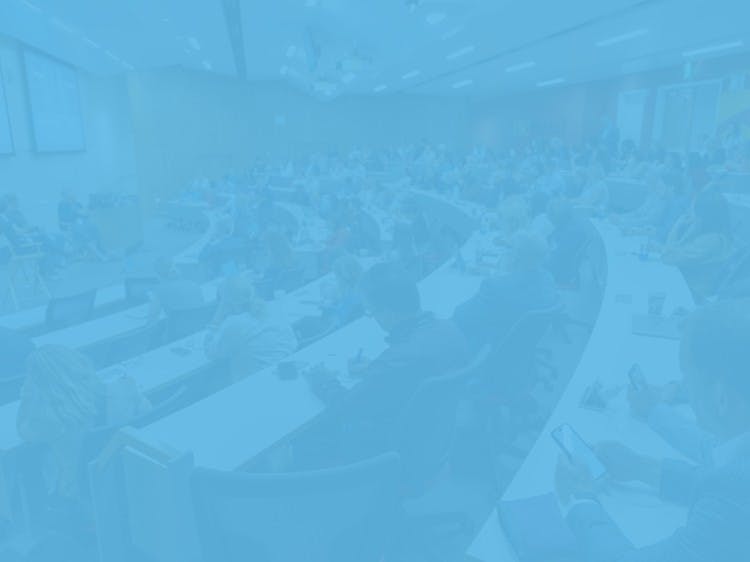
Artificial Intelligence (AI)
“Artificial intelligence” is a technological tool to help solve cognitive issues and enable machines to think like humans. Essentially, when a machine can learn by itself and complete complex processes and calculations by asking the right questions, not just giving the right answers, AI is in play. While AI is not new (it goes back to the 1950s), the increased computational speed and availability of broad data sets make AI mainstream in HR and people processes.
Many HR technology companies use AI to make HR processes faster and less manual, as well as to personalize the employee experience to the needs and requirements of each individual, and to provide data-based insights to managers and leaders for better business decisions.
While AI can do all of these things, there is also a dark side to it. When it remains unexamined or unexplained, without human supervision, AI has the potential to rapidly propagate human biases because of biased data sets, sending people into the wrong direction. For example, when an ATS determines the ideal candidate for a job based on historically successful candidates, and the data set contains only White men in their early 30s who graduated from an Ivy League university, then the AI will suggest prioritizing the same candidate demographic, essentially discarding applications from other demographics. This faster, very efficient bias is also called “algorithmic bias.”
Build your HR capabilities.
Close skill gaps and increase you or your team's earning potential — Start today by browsing our wide range of courses tailored for HR professionals around the world.
Explore the Academy

